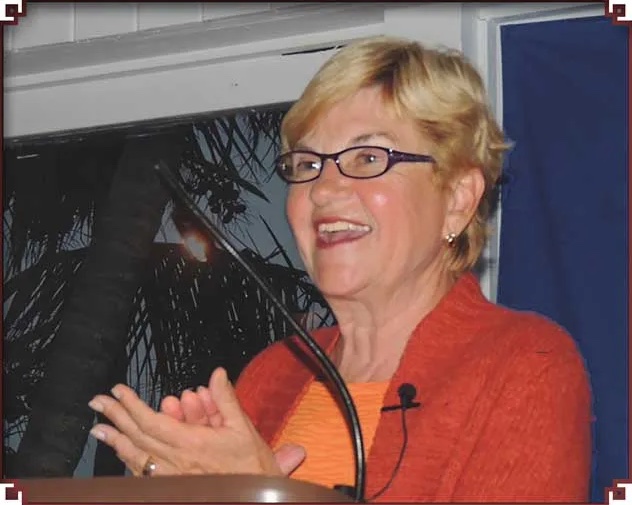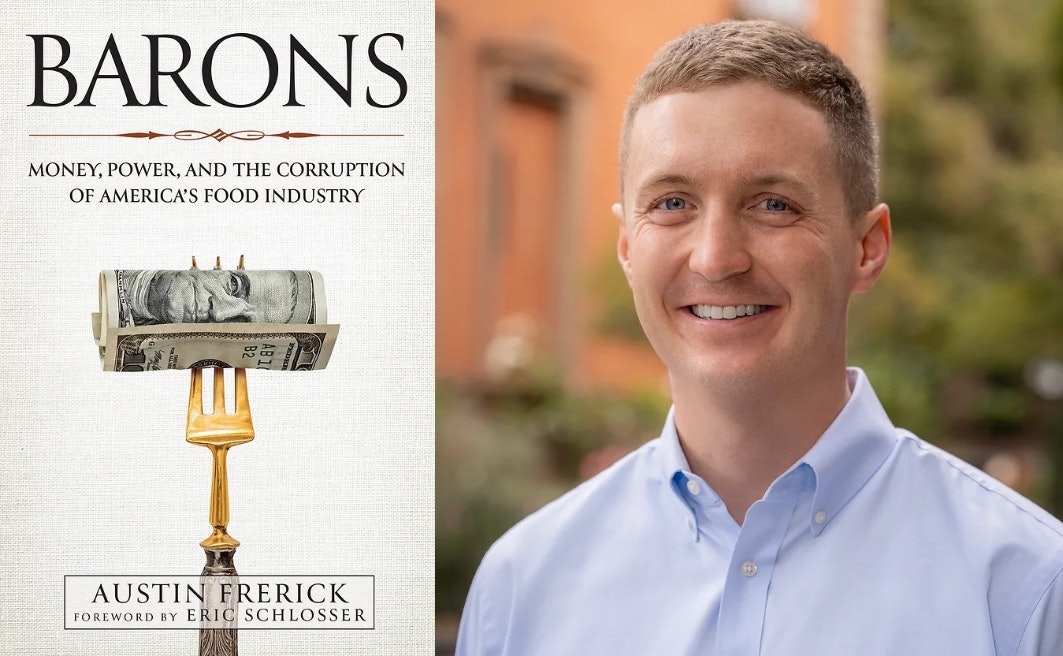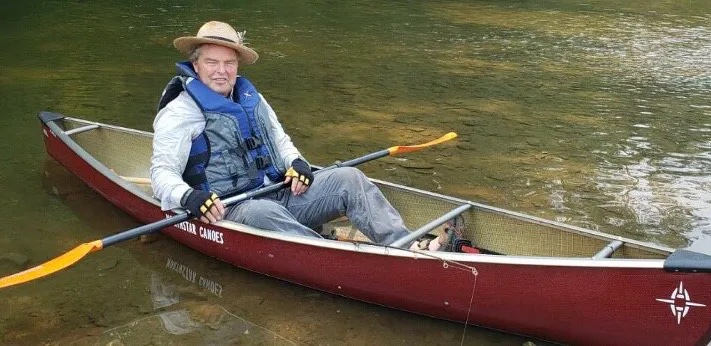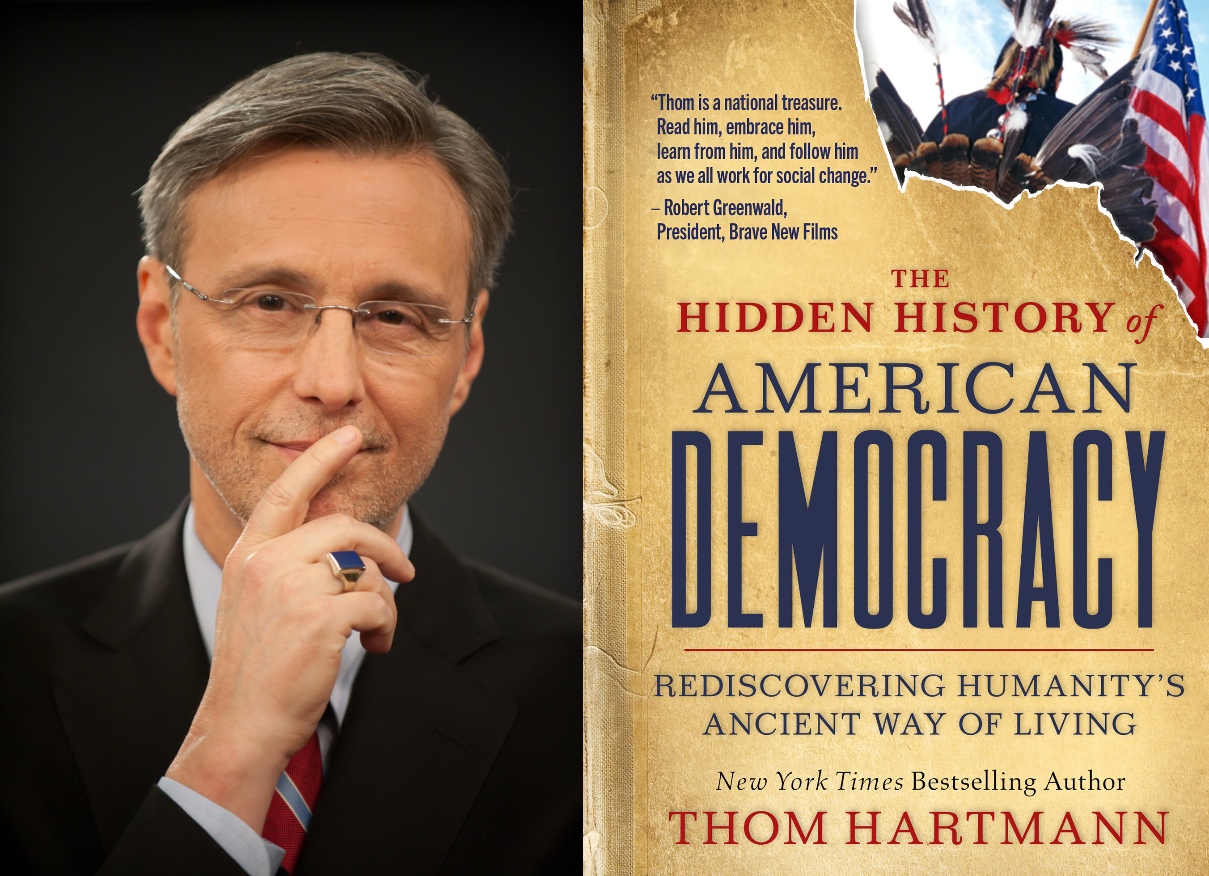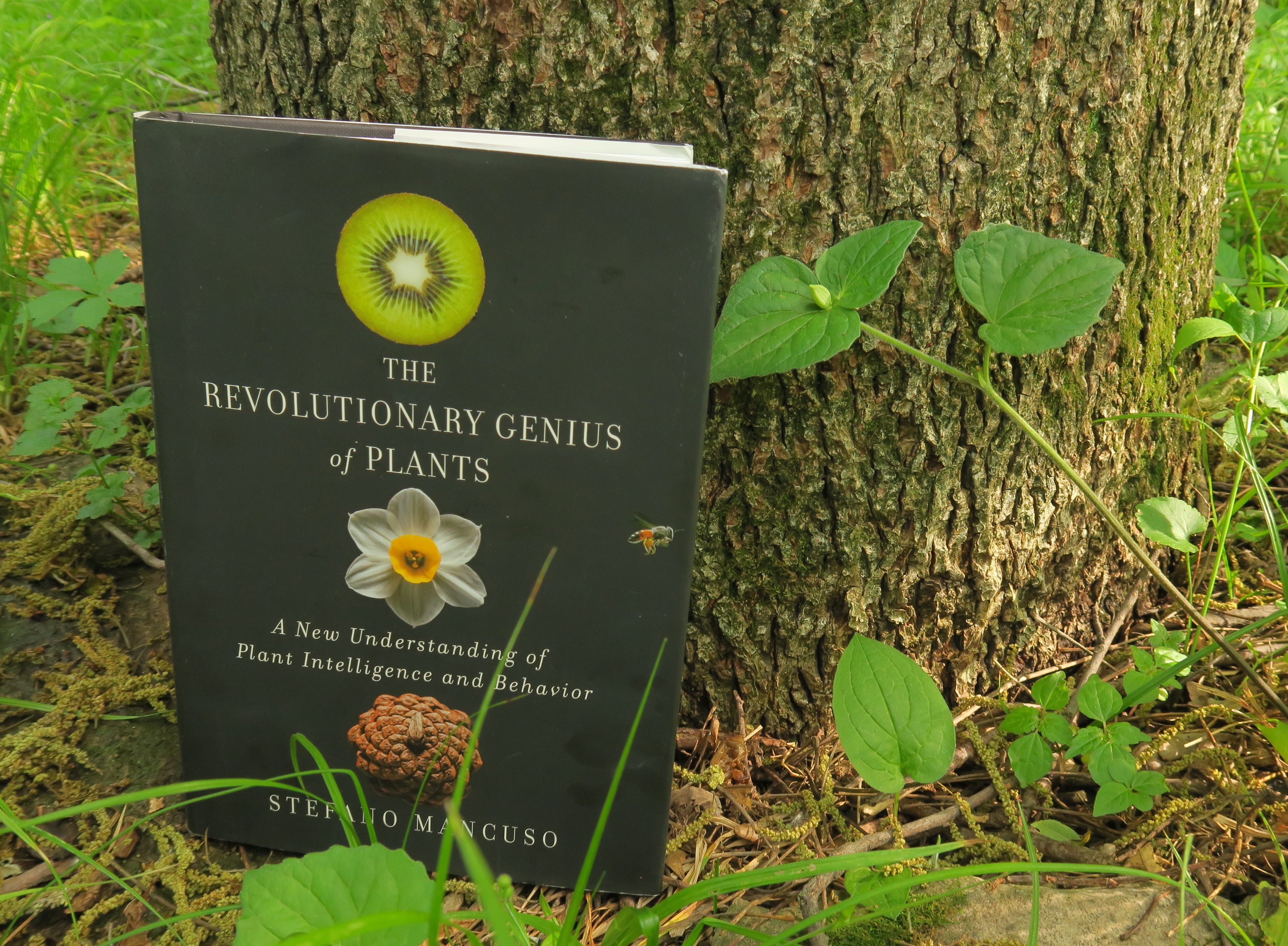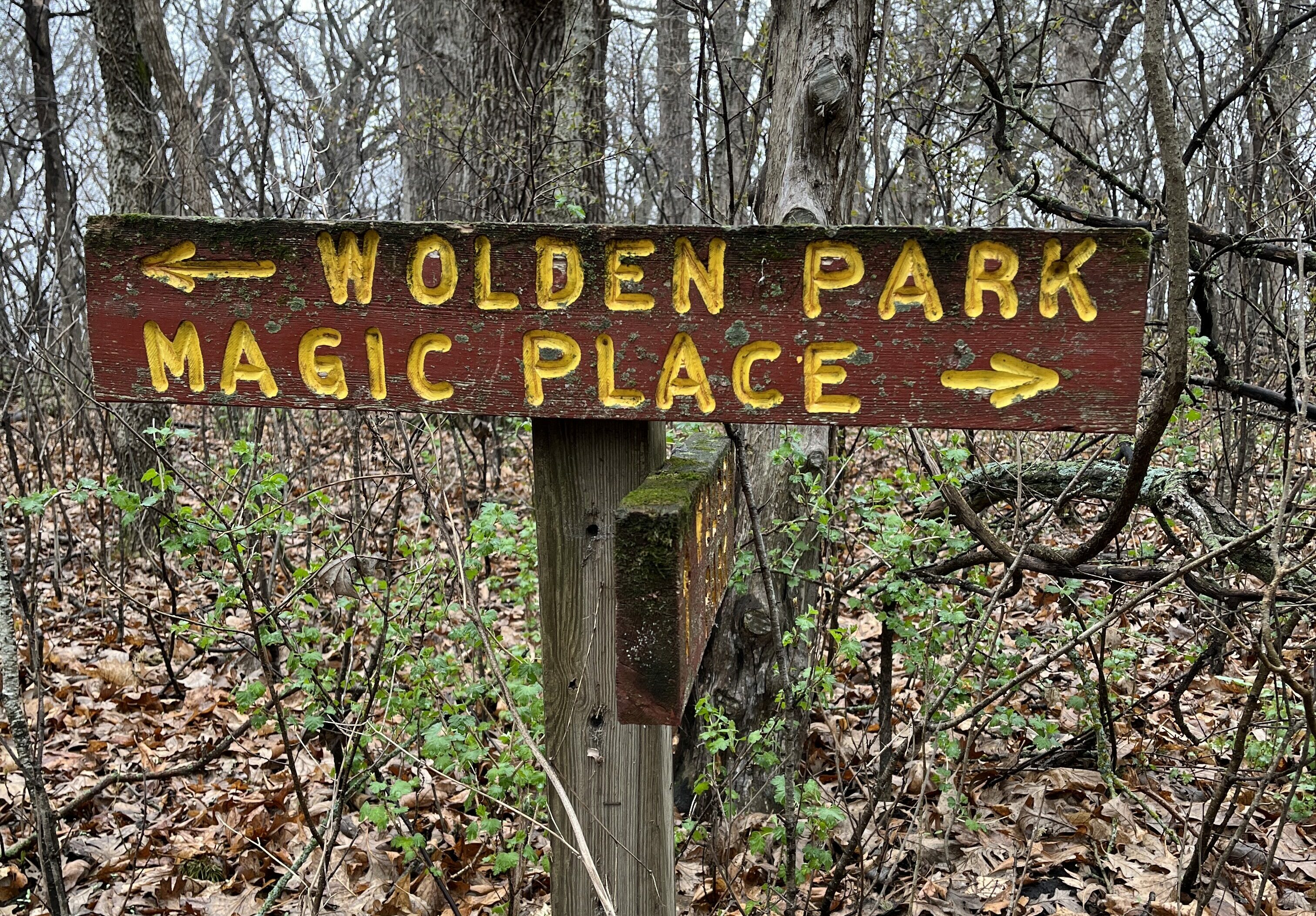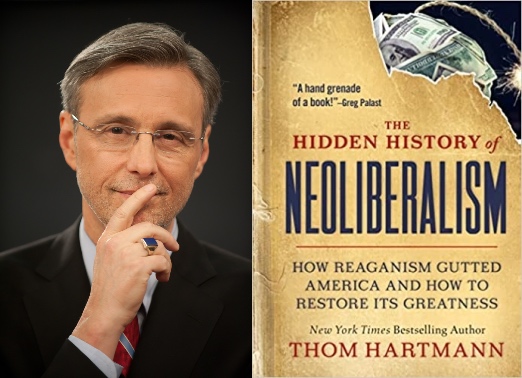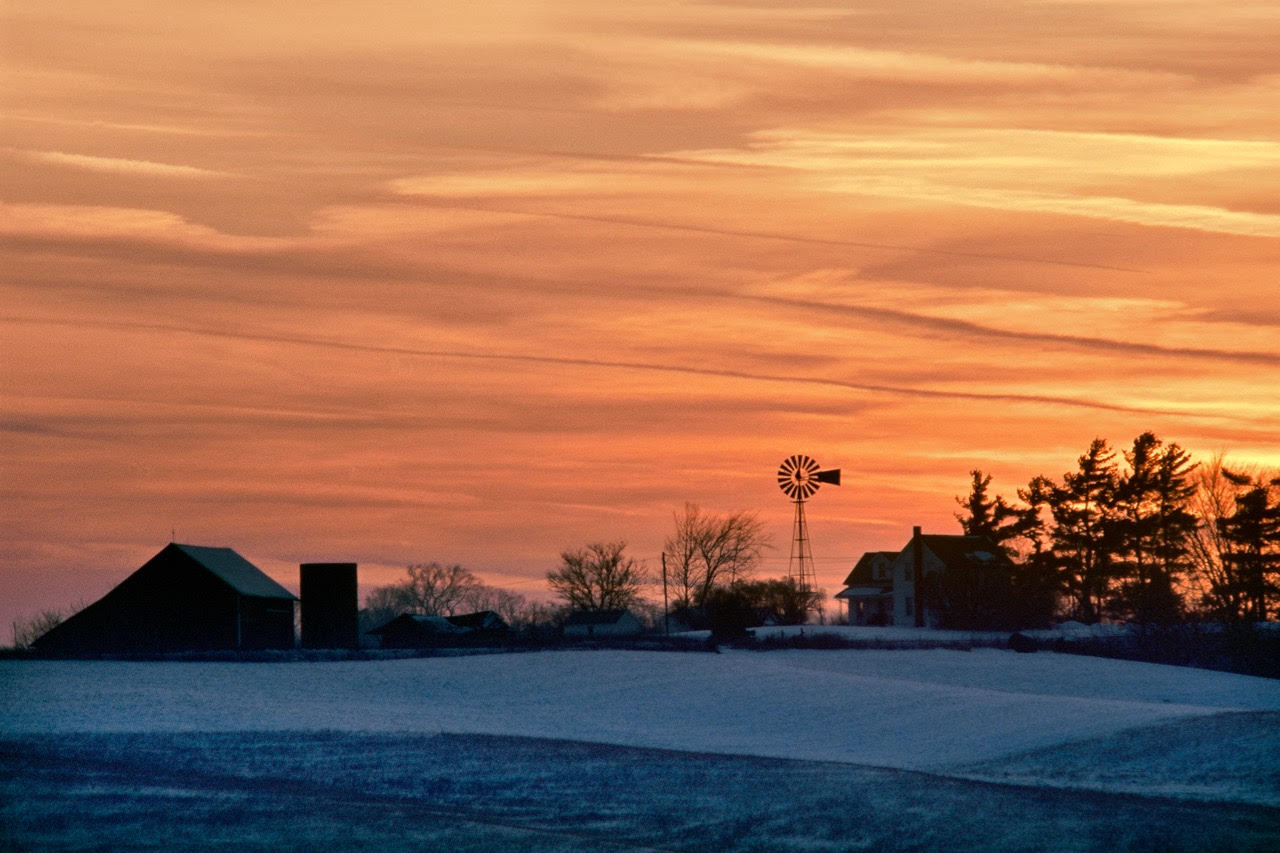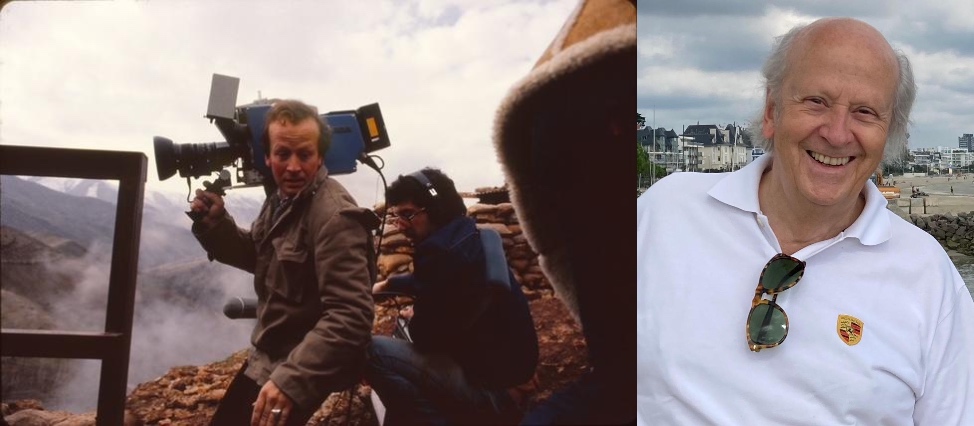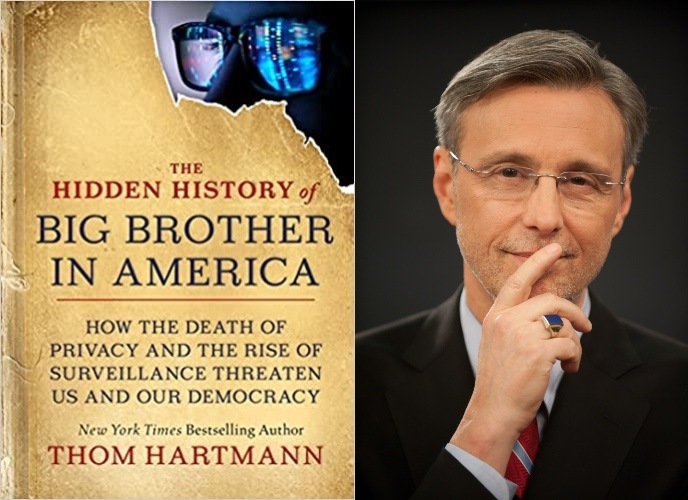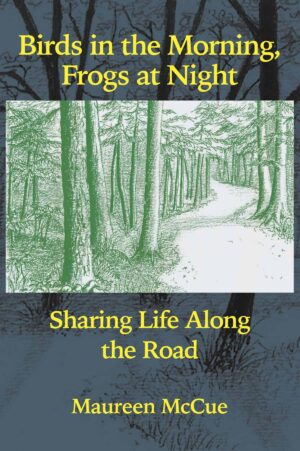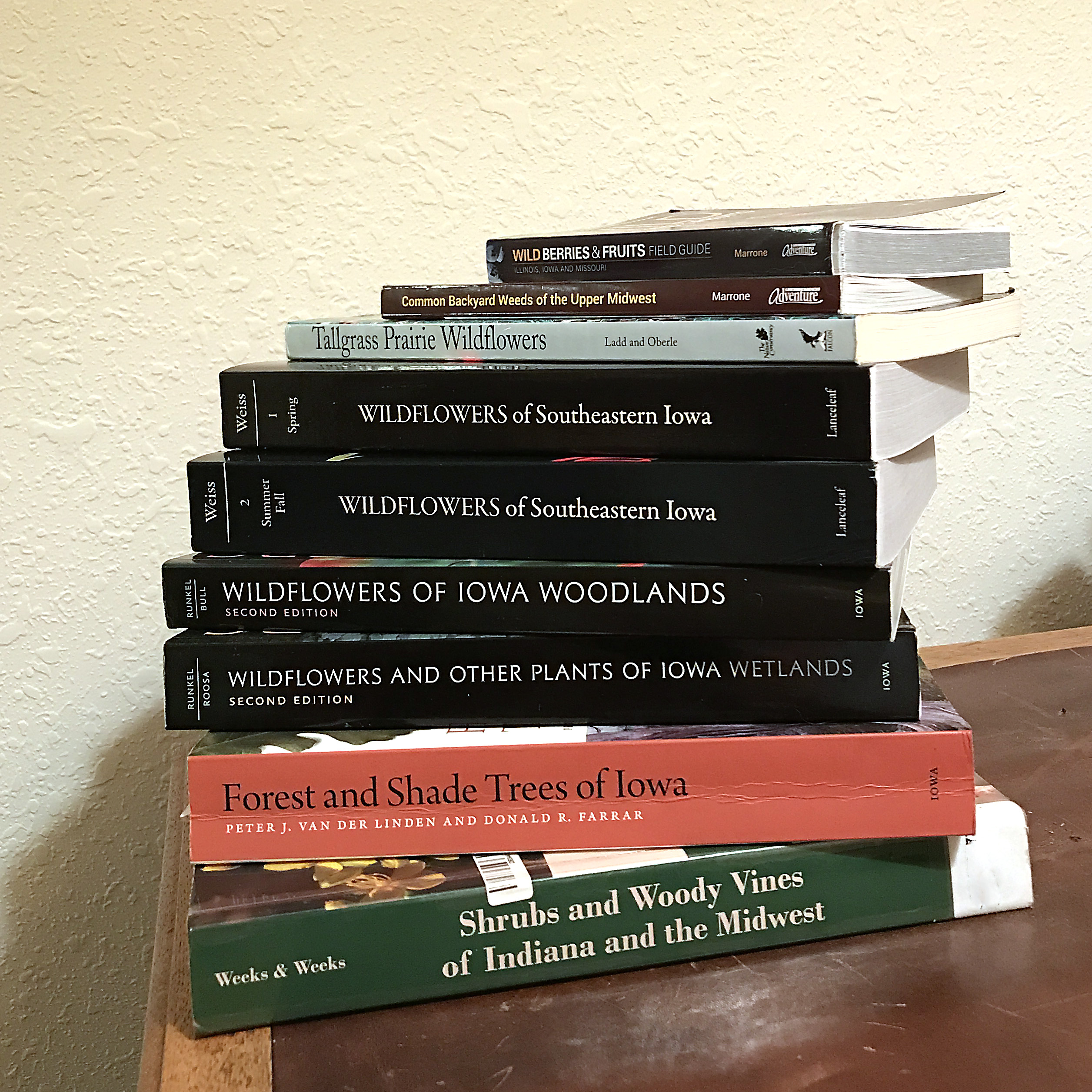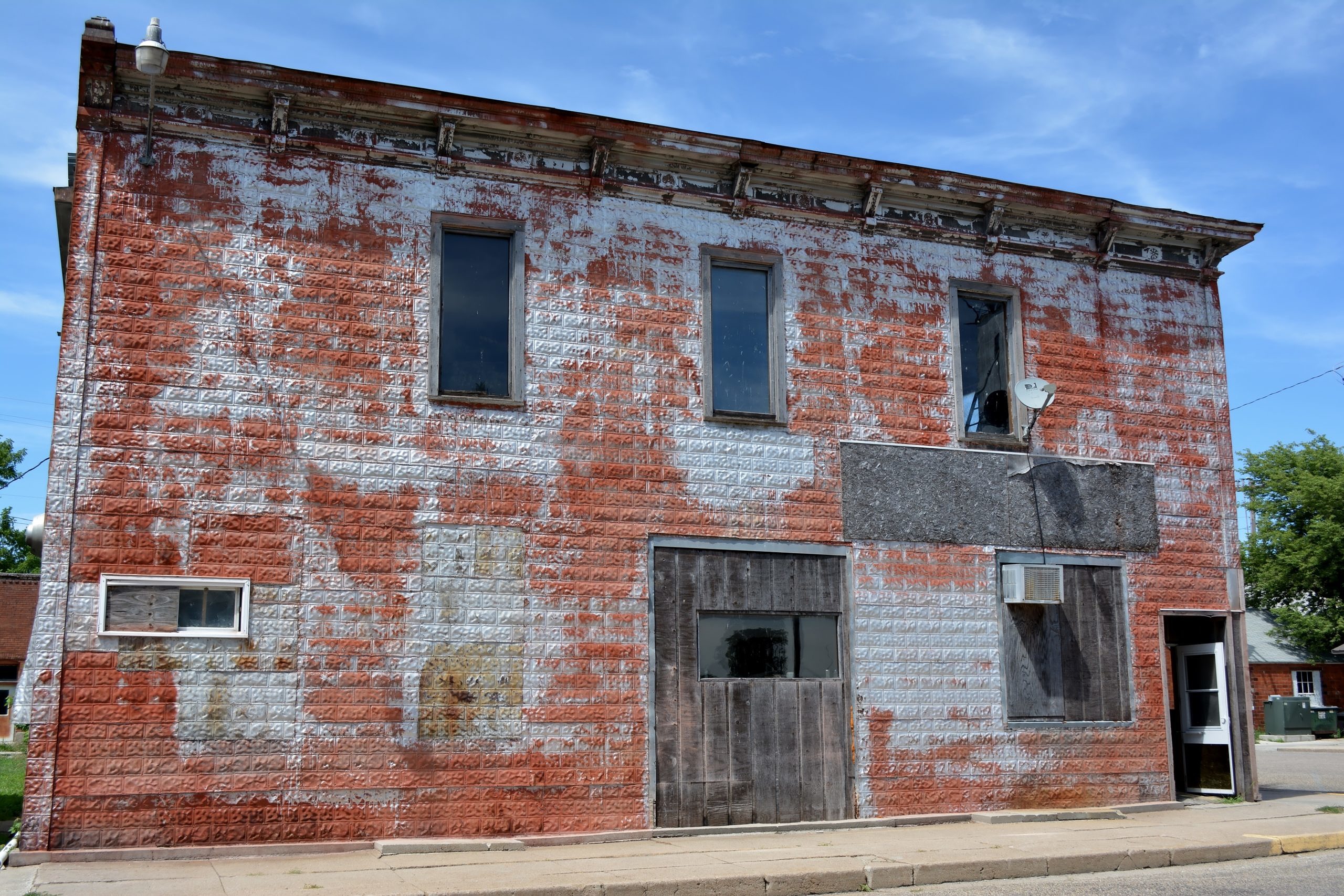Douglas Burns is a fourth-generation Iowa journalist. He is the co-founder of the Western Iowa Journalism Foundation and a member of the Iowa Writers’ Collaborative, where this article first appeared on The Iowa Mercury newsletter. His family operated the Carroll Times Herald for 93 years in Carroll, Iowa where Burns resides.
Tom and Ruth Harkin leaned forward in their Fleur Cinema seats in Des Moines in the early evening of July 17 as a film chronicling the civil rights journey of people with disabilities rolled across the screen.
They knew the activists, people with a range of physical disabilities, some here, some departed for decades. And the Harkins sat next to Democratic State Reprepresentative Josh Turek of Council Bluffs, Iowa’s first visibly and permanently disabled legislator that night in the theater. The old political warriors encouraging the new.
The Harkins, Tom, a defining Iowa voice in the U.S. Senate and House for 40 years before retiring a decade ago, and Ruth, a pioneering force for international development and the ascendency of women, have made advocacy for those with physical and intellectual disabilities a feature of their shared public service.
Continue Reading...
